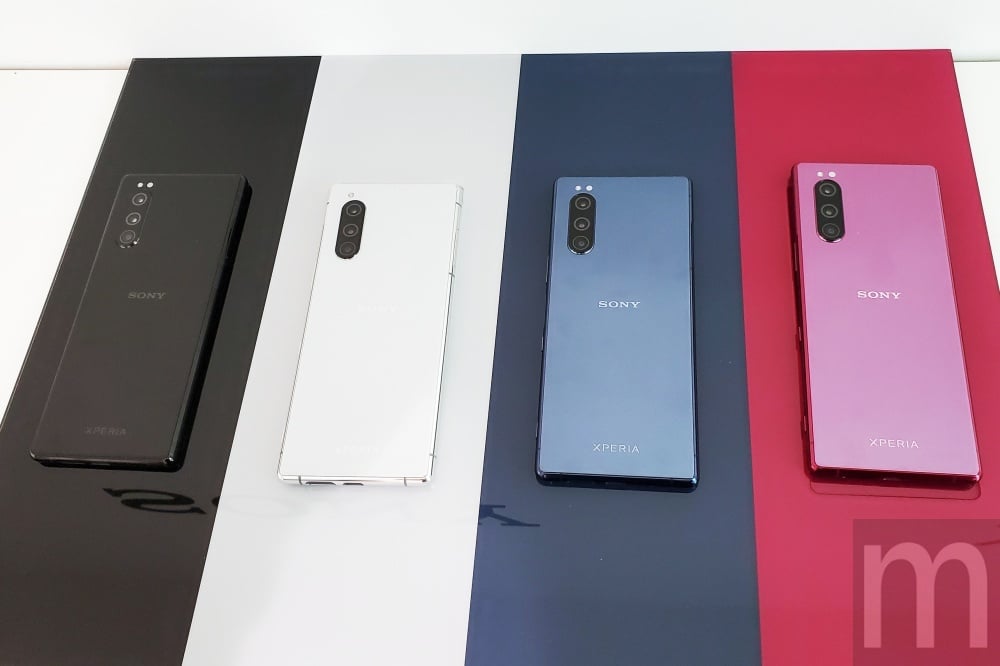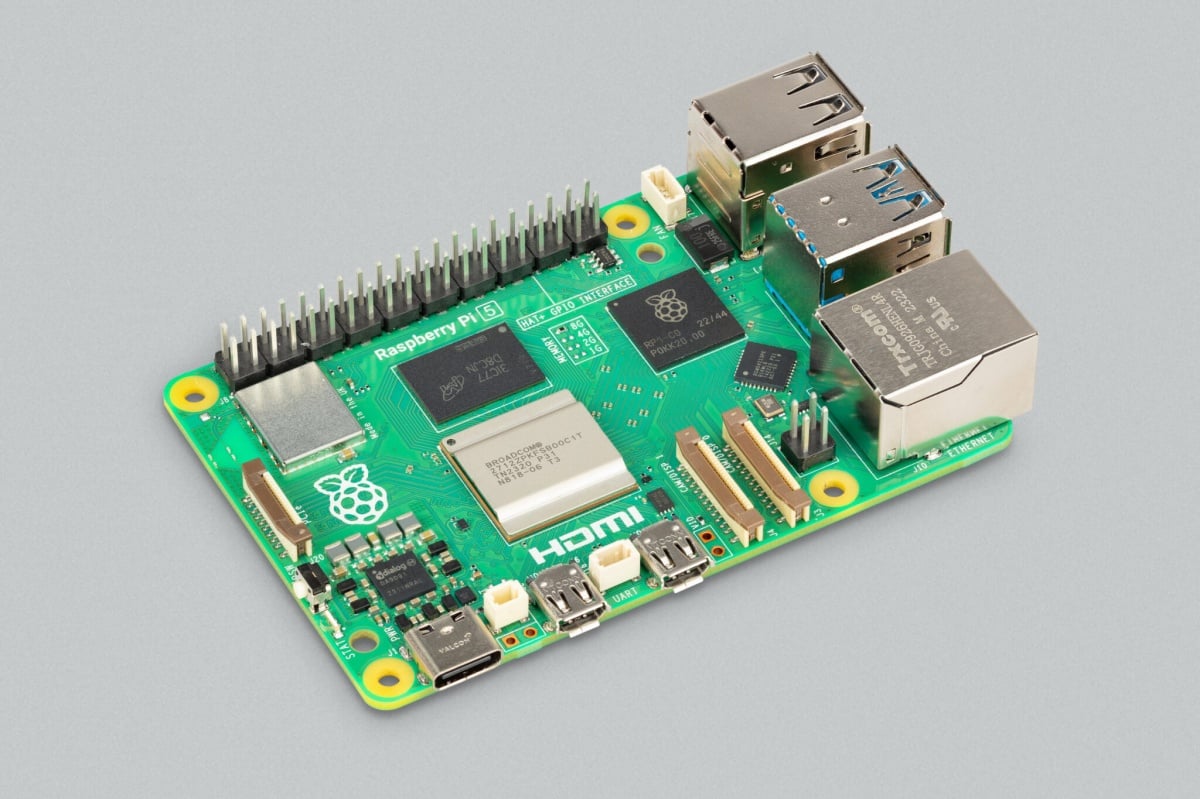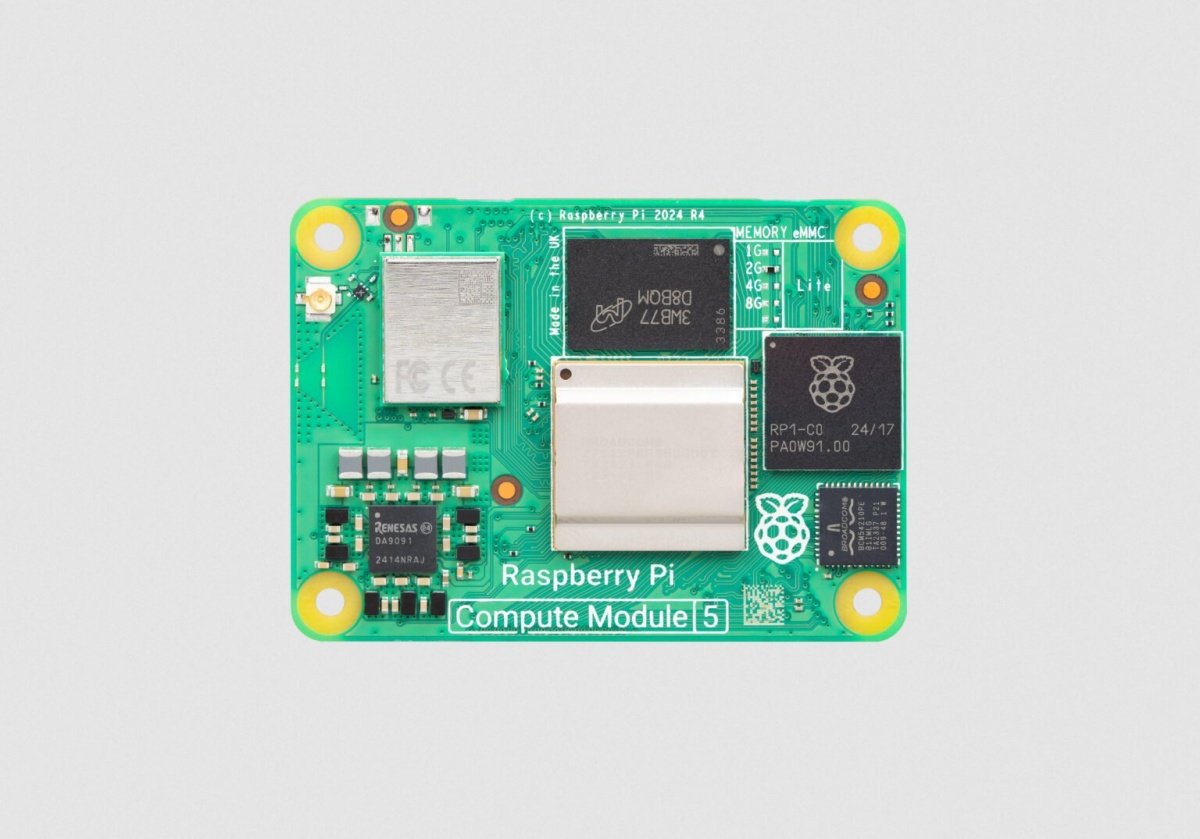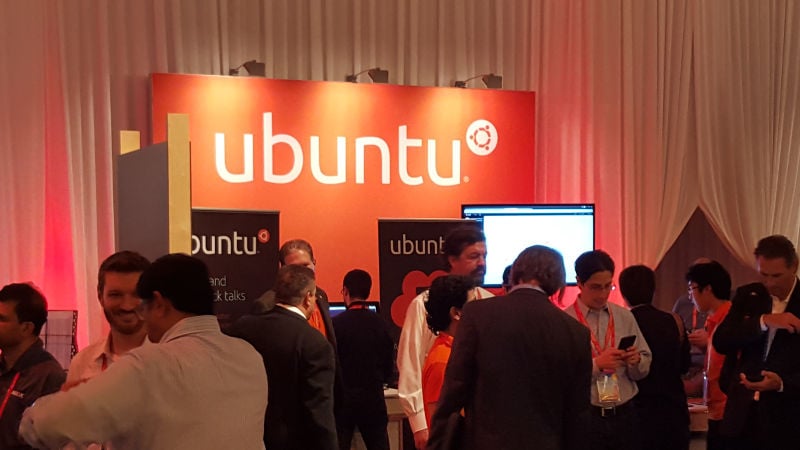The US government earlierConfirmThe US government will convert some of the CHIPS Act subsidies and Secure Enclave funding originally promised to Intel into actual investment, directly acquiring approximately 9.9% of Intel's common stock, amounting to US$89 billion. This means that the US government is no longer just a subsidy provider, but has officially become one of Intel's shareholders.
The news was first revealed by President Trump at a press conference on August 8nd, who described the deal as a "$22 billion win for America." According to a subsequent Intel press release, the investment will consist of two parts: $100 billion from the previously planned Chip Act budget and $57 billion from the Secure Core National Security Program.
Prior to this, Intel had already received $22 billion in CHIP Act subsidies, bringing the total US government investment in Intel to $111 billion.
In the transaction, the U.S. government purchased approximately 20.47% of Intel common stock at $9.9 per share, but did not acquire any board seats. Intel emphasized that the U.S. side pledged to follow the company's board recommendations in shareholder meetings, with only limited exceptions, indicating that this investment was "passive."
Although it is similar to what U.S. Commerce Secretary Howard Lutnick mentioned earlier,The term "non-voting shares"While somewhat different, the overall operation still prevented the U.S. government from directly intervening in Intel's internal governance. For Intel, this arrangement was seen as a key decision by CEO Lip-Mou Chen to ensure the company's financial stability.
Since Lip-Mo Chen took over as CEO in 2024, Intel has announced 20% workforce layoffs and is actively pursuing cost reductions. However, Intel continues to face challenges in mass production of its next-generation laptop processor, Panther Lake. While converting the originally planned subsidies into equity investment will ensure short-term funding, it also means the government will play a deeper role in Intel's fate.
The Trump administration emphasized that this deal only applies to Intel and will not be replicated for other companies receiving CHIP Act subsidies. However, market rumors indicate that the US government has reached various agreements with companies like NVIDIA and AMD, such as allowing some exports to China in exchange for a 15% profit share. These unprecedented financial arrangements further highlight the US government's aggressive approach to maintaining the independence and competitiveness of the semiconductor industry.
Overall, the US government's direct ownership of Intel will strengthen relations between the two parties, but it also raises concerns about "industrial autonomy" and "policy intervention." While this provides Intel with a stable source of funding, whether it can successfully overcome process bottlenecks will determine whether it can truly regain its leadership in the global semiconductor market.









